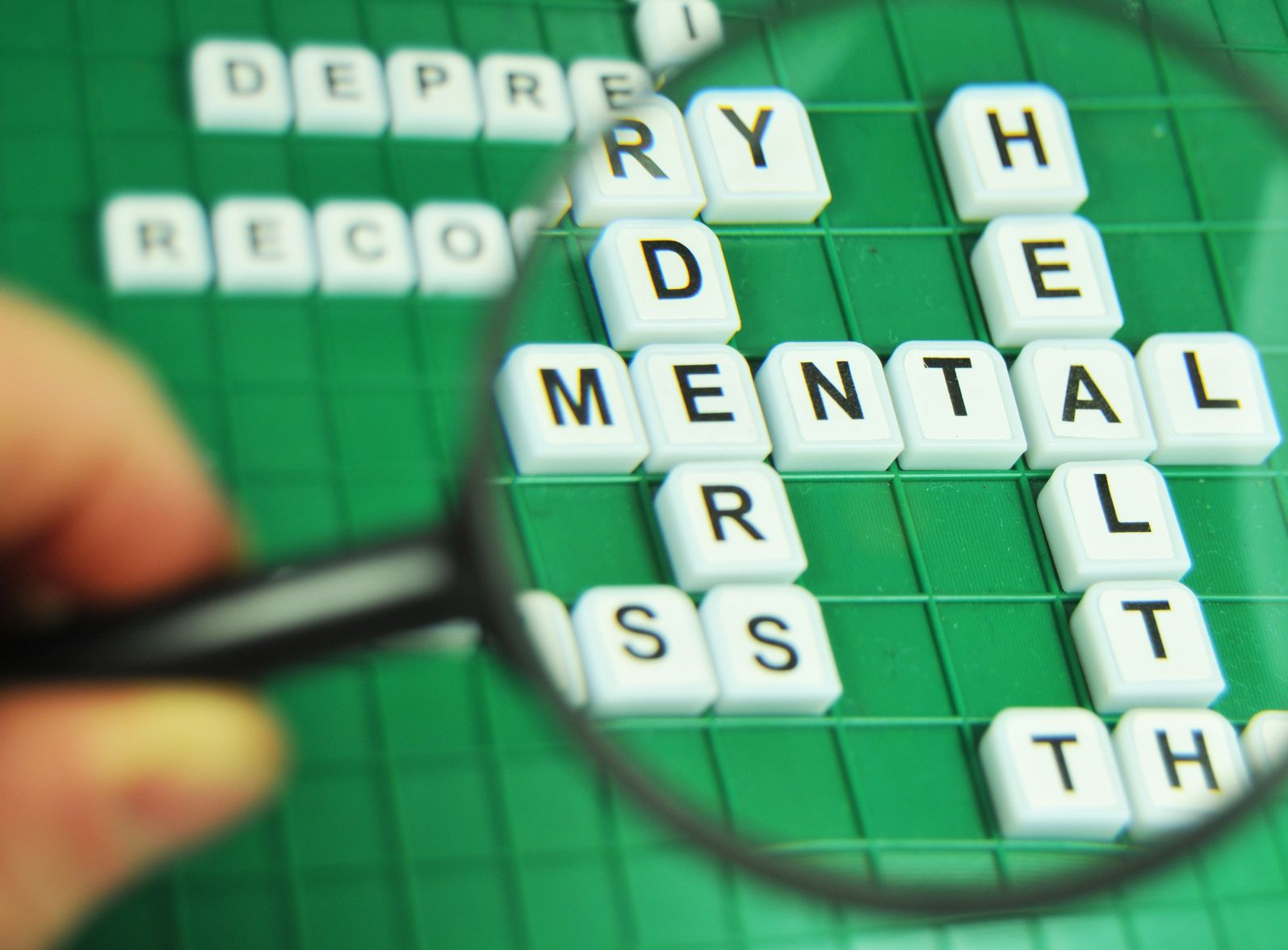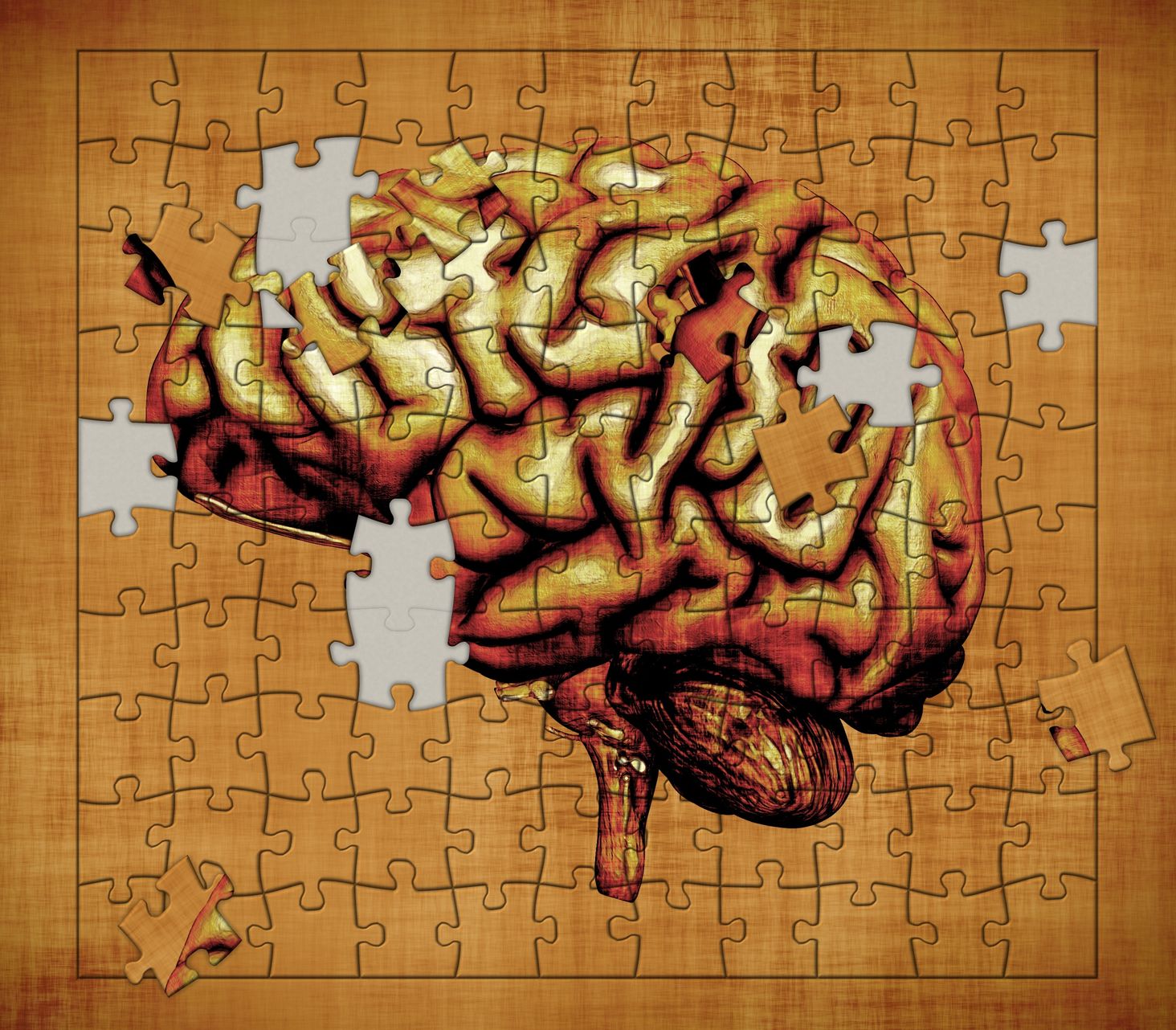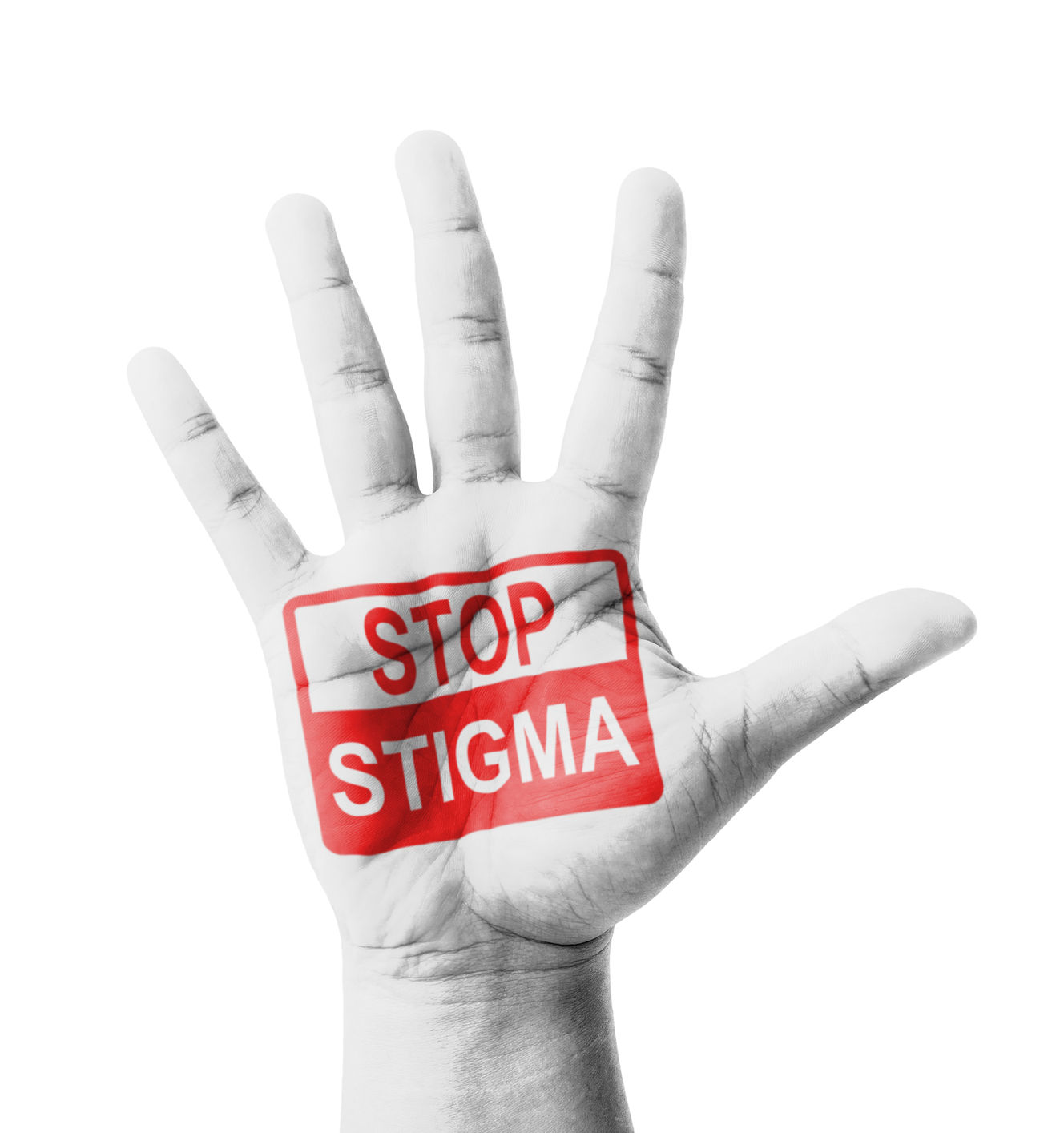Content warning: this article refers to self harm and suicidal thoughts. Please make sure you’re in a safe place before reading in case you are affected by it.
 This time last year I began working on an article for Infinite Earths that terrified me. It was an article I wanted to write, about Sandman and the spaces of reading and the effect the comics had on me, but it was an article I thought long and hard about publishing because I talked in a lot of detail about my history of depression, how and why I self–harmed, and the times I’d tried to kill myself. Mental health isn’t discussed in academia and writing such a personal article divided me. On the one hand, before I began my PhD, I had done a lot of work raising awareness on the issues around self harm. I was interviewed for TV and newspapers, ran training sessions and wrote articles for my work’s magazine about my experiences. During my MA my struggles with mental health formed the basis of many short stories as well as one of my essays. The first journal article I ever had published, on the use of creative writing as therapy in dealing with mental illness, drew on my own experiences of running a forum supporting people who self harmed, as well as the way I dealt with my own issues. I was out, in a sense.
This time last year I began working on an article for Infinite Earths that terrified me. It was an article I wanted to write, about Sandman and the spaces of reading and the effect the comics had on me, but it was an article I thought long and hard about publishing because I talked in a lot of detail about my history of depression, how and why I self–harmed, and the times I’d tried to kill myself. Mental health isn’t discussed in academia and writing such a personal article divided me. On the one hand, before I began my PhD, I had done a lot of work raising awareness on the issues around self harm. I was interviewed for TV and newspapers, ran training sessions and wrote articles for my work’s magazine about my experiences. During my MA my struggles with mental health formed the basis of many short stories as well as one of my essays. The first journal article I ever had published, on the use of creative writing as therapy in dealing with mental illness, drew on my own experiences of running a forum supporting people who self harmed, as well as the way I dealt with my own issues. I was out, in a sense.
But since starting my PhD in 2010 I’ve been much quieter. Many of my friends and colleagues in academia know I’ve struggled with mental health, but they know this through discussions with me in person or from comments on Facebook and Twitter. I’ve never openly declared any mental health issues, I’ve never mentioned them to my supervisor, and I’ve never put mental health problems on my application forms.
 That changed recently. As I’ve discussed here before, I work full-time while doing my PhD part-time. My jobs is communications and marketing and I ran my first solo event at the start of March. The day before I was juggling press releases, queries, emails and a website and out of nowhere the urge came to self harm. It was overwhelming, though brief. Thankfully the thoughts only lasted a few seconds before I recognised that I didn’t need to, and the moment passed. But it still left me surprised. In fact it left me surprised enough to tweet: “(TW) I used to self harm&it’s frustrating that at some moments under pressure I feel the urge to do it again, even though I don’t act on it.” I had replies from friends and colleagues empathising and asking if I was okay, but I also had direct messages from people in academia who knew what I was going through but were afraid to talk about their own experiences because of what it might do to their careers. That’s wrong. There have been more and more articles lately on mental health in academia and the strains that we are under. I’m not suggesting that other professions aren’t as difficult or don’t deal with the same stresses, but there is certainly a lack of support within universities and colleges, and it does have a serious affect.
That changed recently. As I’ve discussed here before, I work full-time while doing my PhD part-time. My jobs is communications and marketing and I ran my first solo event at the start of March. The day before I was juggling press releases, queries, emails and a website and out of nowhere the urge came to self harm. It was overwhelming, though brief. Thankfully the thoughts only lasted a few seconds before I recognised that I didn’t need to, and the moment passed. But it still left me surprised. In fact it left me surprised enough to tweet: “(TW) I used to self harm&it’s frustrating that at some moments under pressure I feel the urge to do it again, even though I don’t act on it.” I had replies from friends and colleagues empathising and asking if I was okay, but I also had direct messages from people in academia who knew what I was going through but were afraid to talk about their own experiences because of what it might do to their careers. That’s wrong. There have been more and more articles lately on mental health in academia and the strains that we are under. I’m not suggesting that other professions aren’t as difficult or don’t deal with the same stresses, but there is certainly a lack of support within universities and colleges, and it does have a serious affect.
 I first started to consciously self harm when I was at university, doing my BA. There are many reasons I started, and many why I continued. I won’t go into them here, I’ve done that elsewhere, but it was my main coping mechanism and the only one that worked. I first got diagnosed with clinical depression when I was at university, though the GP who told me I was too intelligent to be depressed didn’t help. And I first got told I had Borderline Personality Disorder (BPD) when I was at university, though that GP didn’t offer me a formal diagnosis because of the stigma attached to BPD sufferers as attention seeking and manipulative. My mental health issues, though not caused by academia, are inextricably tied up in it. Academia – for me at least – is both a positive driving force (I love the work I’m doing, I get enthused by discussions with colleagues in the field, I enjoy working through ideas and seeing research coalesce on the page in front of me) and a negative one (I worry that I’m not good enough, I get scared that sooner or later I’m going to be exposed as an imposter, I stress out over deadlines and the workload I’ve got on).
I first started to consciously self harm when I was at university, doing my BA. There are many reasons I started, and many why I continued. I won’t go into them here, I’ve done that elsewhere, but it was my main coping mechanism and the only one that worked. I first got diagnosed with clinical depression when I was at university, though the GP who told me I was too intelligent to be depressed didn’t help. And I first got told I had Borderline Personality Disorder (BPD) when I was at university, though that GP didn’t offer me a formal diagnosis because of the stigma attached to BPD sufferers as attention seeking and manipulative. My mental health issues, though not caused by academia, are inextricably tied up in it. Academia – for me at least – is both a positive driving force (I love the work I’m doing, I get enthused by discussions with colleagues in the field, I enjoy working through ideas and seeing research coalesce on the page in front of me) and a negative one (I worry that I’m not good enough, I get scared that sooner or later I’m going to be exposed as an imposter, I stress out over deadlines and the workload I’ve got on).
The last time I self harmed was two years ago, and my PhD work was a big factor. I was going through what I realise now was a serious episode of depression. I’d been on a long weekend with my family, much of which was spent self harming and battling suicidal thoughts. The drive home, with my poor father in the car, was spent sobbing and trying to suppress the urge to drive  into a wall. I got home and self harmed more. It was the worst I’d felt in a long time and nothing I did was good enough. Trying to get up and go to work was a struggle, and trying to get my PhD work done was even harder. I self harmed before starting because that was the only way I could get the words to flow. I self harmed while I wrote because that was the only way I could keep on going. I self harmed after I finished the chapter because I was terrified my work wasn’t good enough. Eventually I went to my GP and I was given anti-depressants and counselling. The counselling didn’t, help but the medication did. Within a few weeks I was myself again, mentally at least. But the scars are still there.
into a wall. I got home and self harmed more. It was the worst I’d felt in a long time and nothing I did was good enough. Trying to get up and go to work was a struggle, and trying to get my PhD work done was even harder. I self harmed before starting because that was the only way I could get the words to flow. I self harmed while I wrote because that was the only way I could keep on going. I self harmed after I finished the chapter because I was terrified my work wasn’t good enough. Eventually I went to my GP and I was given anti-depressants and counselling. The counselling didn’t, help but the medication did. Within a few weeks I was myself again, mentally at least. But the scars are still there.
 I didn’t tell anyone in academia, bar a couple of friends, about that time, or about being put on anti-depressants again. I was worried about how it would affect my career, how it would change people’s opinions of me. But I was also ashamed that I wasn’t talking about the problems I’d had, especially given all of the work I’d done previously raising awareness about mental health issues. I’m sure that my supervisor would have been supportive – he has been when it comes to juggling work and my PhD. I’m sure that the bulk of people I know in my field would have sympathised with me and asked if they could help – the response I had to my tweet demonstrates that. I’m less sure that it wouldn’t have affected my career, though I’ve received no negative feedback since publishing my article in Infinte Earths last year.
I didn’t tell anyone in academia, bar a couple of friends, about that time, or about being put on anti-depressants again. I was worried about how it would affect my career, how it would change people’s opinions of me. But I was also ashamed that I wasn’t talking about the problems I’d had, especially given all of the work I’d done previously raising awareness about mental health issues. I’m sure that my supervisor would have been supportive – he has been when it comes to juggling work and my PhD. I’m sure that the bulk of people I know in my field would have sympathised with me and asked if they could help – the response I had to my tweet demonstrates that. I’m less sure that it wouldn’t have affected my career, though I’ve received no negative feedback since publishing my article in Infinte Earths last year.
Things need to change in the academy. We all know the statistics on mental health, and we all know the effect that poor mental health can have on our work, our productivity and our physical health. But they need to change outside too. I saw another GP recently who told me to start thinking of coming off my anti-depressants. I don’t want to be on them forever, but I also don’t think coming off them in the middle of a PhD is the best idea. His response: “There’s never going to be a right time.” But there is a best time, and if a GP can’t or won’t recognise that depression and a PhD don’t mix, how are we going to convince our departments?
Thank you for discussing self-harm in this series. I identify with Bethan’s post as someone who self-injures & that my si is wrapped up in my academic life. I struggled in silence with a re-emergence of si during my first year of my PhD before making self-injury the focus of my research. I’ve had instances of great support from most colleges however I’ve also had many moments when people simply don’t know how to react. A lack of awareness both motivates my research while also making it harder. Thank you for sharing your story Bethan, & thank you Nadine for this ongoing discussion.